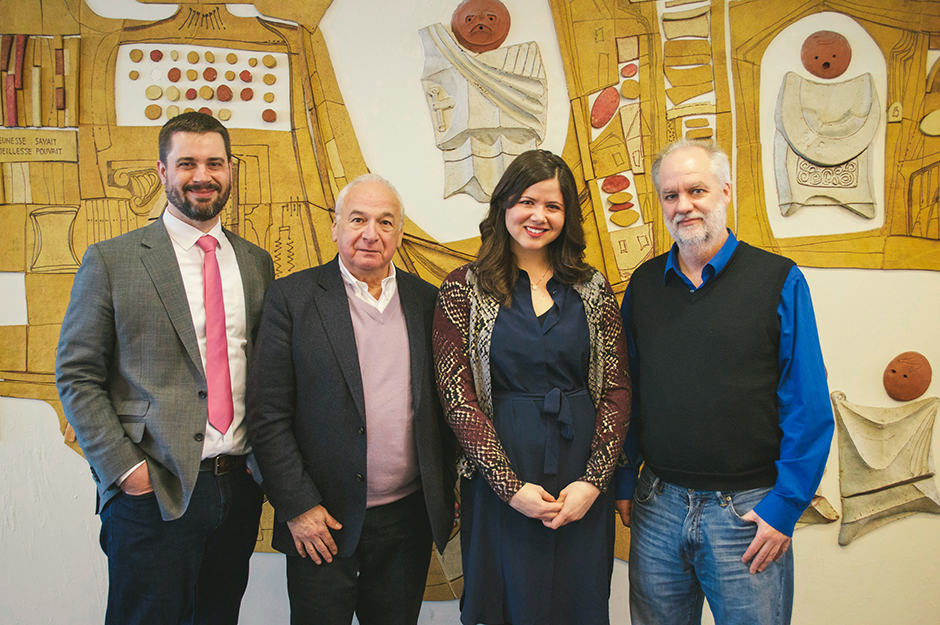On Friday, March 6, three prominent health journalists from Vox, The Globe and Mail, and The Healthy Debate discussed the current challenges in health reporting faced by both journalists and the wider public at the Health Journalism Symposium co-hosted by The Varsity and Juxtaposition Global Health Magazine at the Dalla Lana School of Public Health.
With an eager audience of more than 100 students, scientists and journalists, the Health Journalism Symposium was trending on Twitter as #healthjournalismTO within a matter of minutes.
Jeffrey Dvorkin, director of the journalism program at UTSC, moderated the panel and opened the discussion by highlighting the importance of the internet in today’s world specifically in terms of determining “what constitutes authoritative and reliable information.” Dvorkin also emphasized that the media often generates “moral panic” around the issues it reports, and that the role of a journalist is to enable the public to make better decisions by keeping them informed, while minimizing such panic. Recalling his experiences of interacting with his students, he noted that journalism is more than simply the craft of writing.

The Health Journalism Symposium took place at the Dalla Lana School of Public Health. MALLIKA MAKKAR/THE VARSITY
Each panellist was asked to briefly discuss their writing process. Julia Belluz, an award-winning health reporter from Vox, explained that the use of multi-media can be embedded as early as in the idea-generating phase of the reporting process. “Follow your curiosity,” she told the audience and then, “pick up the phone and meet a lot of people.” Belluz explained that talking to key stakeholders such as health practitioners can help avoid missing important stories.
Andre Picard, health reporter and columnist at the The Globe and Mail, concurred and added that the role of health journalism is to help the public understand the key context around current issues in health. Journalists should answer common questions that the public wants answered, like the high cost of certain drugs and why or why not patients should invest in them.
The panellists then examined how various vested groups, like the anti-vaccine movement seek to circumvent the mainstream media via the Internet. Picard said that this is “easy to do in the Internet age,” adding that these groups usually tend to speak to the demographic that already subscribe to the specific ideology in question “It does not seem to swing people,” Picard said.
Belluz gave a surprising — if not shocking — example of a popular children’s health book on Amazon, The Vaccine Book, that preaches the ‘harms’ of vaccinations, a view that has been widely disregarded in the scientific community.
In addition, the panellists discussed in great detail what was being missed in health journalism and what the public should be focusing its attention on. Dr. Jeremy Petch, managing editor of The Healthy Debate, highlighted that the heaviest users of the health system are people in poverty.
“The number one health issue is poverty,” he said. The two other panellists concurred that the topic of social determinants of health remains the most important in understanding structural health problems in society at large.
Petch added that, according to research or the wording of the term, “social determinants of health” remains an unpopular concept in communities with conservative political views, and makes a broader discussion about health difficult. The panellists also agreed that Aboriginal health is an issue that’s not covered enough, citing the difficulties and costs of reporting on Aboriginal issues.
Above all, the panellists agreed that the manner in which journalists frame issues is vital. Dvorkin summed up the discussion well, saying, “The challenge is: how do you make the interesting important and the important interesting?”



